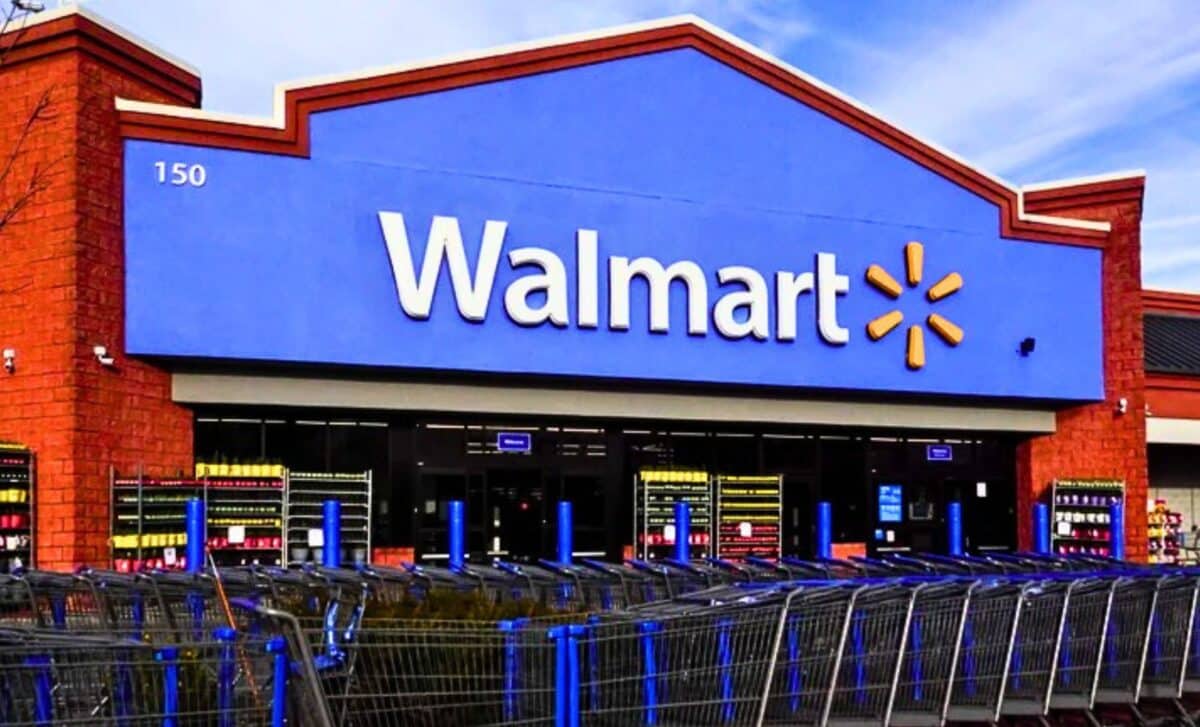The Consumer Financial Protection Bureau (CFPB) has initiated legal action against Walmart, headquartered in Bentonville, Arkansas, and the financial technology company Branch Messenger, accusing them of coercive practices that allegedly exploited over a million delivery drivers across the United States. The lawsuit, filed on December 23, 2023, claims that these practices have unfairly drained more than $10 million from drivers’ earnings under the guise of fees.
The charges center on Walmart’s Spark Driver program, a delivery system where independent contractors fulfill orders using a mobile app. The CFPB argues that drivers were forced into using Branch Accounts, which the agency described as “costly and risky,” with little to no recourse to opt out without risking job termination.
Key Allegations in the Cfpb Lawsuit
The lawsuit brings several serious accusations against Walmart and Branch, including:
Imposition of junk fees: The lawsuit accuses the companies of charging fees for the use of Branch Accounts, including transfer and maintenance fees, amounting to more than $10 million between 2021 and 2023.
Unlawful account creation: The CFPB claims that Walmart and Branch opened Branch Accounts for Spark Drivers without their consent, using personal information such as Social Security numbers.
Misrepresentation of payment access: Drivers were allegedly misled about instant access to their earnings, with many experiencing delays or incurring fees to transfer their money to other accounts.
Responses from the Defendants
Both companies have denied the allegations and criticized the CFPB’s handling of the case. Walmart stated, “The CFPB’s rushed lawsuit is riddled with factual errors and contains exaggerations and blatant misstatements of settled principles of law.” Walmart pledged to contest the claims in court and criticized the agency for denying it a fair chance to present its side.
Branch also pushed back strongly, with a spokesperson saying, “Branch strongly disagrees with the lawsuit filed by the CFPB, which misstates the law and facts, and includes intentional omissions to mask the Bureau’s clear overreach.” The company defended its services as providing valuable tools for Walmart and its drivers, including quick access to earnings.
Impact on Gig Economy Workers
This lawsuit highlights a broader issue within the gig economy, where workers are often treated as independent contractors without the protections granted to traditional employees. The allegations emphasize the financial vulnerabilities these workers face, particularly when subjected to unexpected fees or mandatory use of specific financial services.









